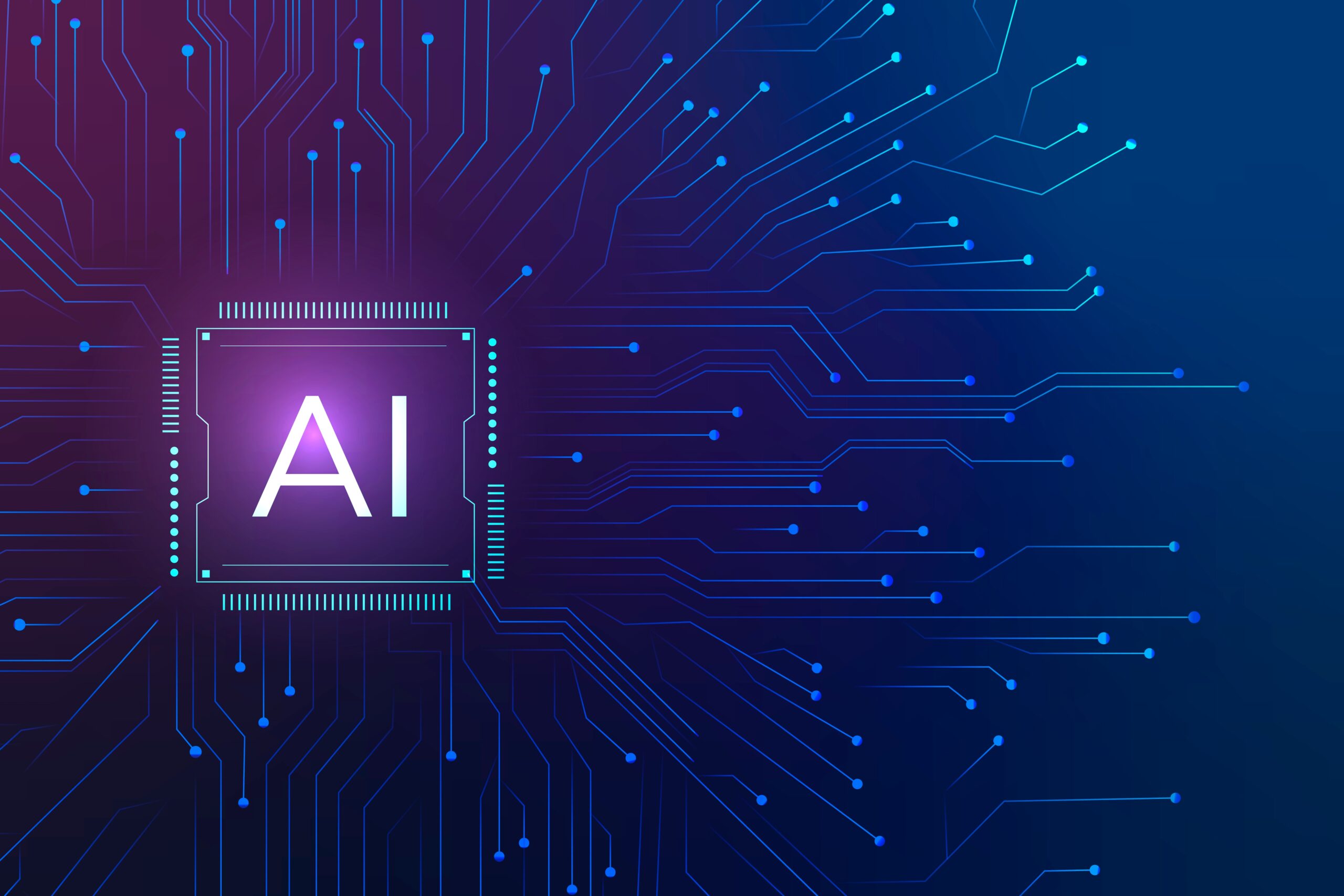Artificial Intelligence (AI) is a branch of computer science that seeks to create machines and systems capable of performing tasks that typically require human intelligence. From speech recognition and natural language processing to problem-solving and decision-making, AI encompasses a wide range of applications that have the potential to revolutionize various industries. At its core, AI is built upon several fundamental principles that underpin its development and operation. In this article, we will explore the basic fundamentals of AI and understand how they form the foundation of this transformative technology.

- Machine Learning:
At the heart of AI lies the principle of machine learning. Machine learning enables AI systems to learn and improve from experience without being explicitly programmed for each task. Instead of following predefined rules, AI algorithms can analyze vast amounts of data, identify patterns, and make predictions based on that data. The process of learning and adapting from data empowers AI systems to become more accurate and effective over time.
There are three primary types of machine learning:
a) Supervised Learning: In this approach, AI algorithms are trained on labeled data, where the correct outcomes or labels are provided. The algorithm learns to map inputs to desired outputs, making predictions on new, unseen data.
b) Unsupervised Learning: Here, AI algorithms are exposed to unlabeled data and tasked with finding patterns or structures within the data. This type of learning is particularly useful for data clustering and anomaly detection.
c) Reinforcement Learning: In reinforcement learning, AI agents learn by interacting with an environment and receiving feedback in the form of rewards or penalties based on their actions. The algorithm aims to maximize rewards over time, leading to better decision-making and strategy development.
- Natural Language Processing (NLP):
NLP is a crucial component of AI that enables machines to understand, interpret, and generate human language. Through NLP, AI systems can interact with users using natural language, such as voice commands or text input. NLP encompasses tasks like speech recognition, sentiment analysis, language translation, and text generation.
NLP involves several challenges, including understanding context, disambiguating words with multiple meanings, and handling slang and colloquialisms. Advanced NLP techniques, such as deep learning, have significantly improved the accuracy and capabilities of AI-powered language processing systems.
- Computer Vision:
Computer vision is a fundamental aspect of AI that enables machines to interpret and understand visual information from the world. By processing images and videos, AI systems can recognize objects, detect patterns, and make sense of visual data. Computer vision finds applications in fields like autonomous vehicles, medical imaging, facial recognition, and surveillance.
Deep learning, particularly Convolutional Neural Networks (CNNs), has been instrumental in advancing computer vision tasks. CNNs mimic the human visual system, learning hierarchical features from images, which has led to remarkable improvements in image recognition and object detection.
- Reasoning and Problem-Solving:
AI is designed to emulate human-like reasoning and problem-solving capabilities. This involves the use of logical rules, algorithms, and knowledge representation to make informed decisions. AI systems can use reasoning to draw conclusions, infer relationships, and solve complex problems by analyzing available data and information.
In fields like chess and board games, AI-powered systems can use search algorithms and heuristics to determine the best moves and strategies. In more general applications, AI can reason and solve problems in domains like medical diagnosis, financial forecasting, and route planning.
- Robotics and Embodied AI:
AI is not limited to software-based applications; it also encompasses robotics and embodied AI. Embodied AI involves creating machines and robots that can interact with their physical environment, making decisions based on sensory input and acting accordingly.
Robots with AI capabilities can navigate physical spaces, perform tasks, and collaborate with humans in real-world scenarios. These advancements open up possibilities for applications in fields like manufacturing, healthcare, and disaster response, where robots can work alongside humans to improve efficiency and safety.
- Ethical and Responsible AI:
As AI becomes increasingly integrated into our lives, ethical considerations are paramount. Responsible AI development involves adhering to ethical principles to ensure AI systems are designed and used responsibly and ethically.
Ethical AI principles include fairness, transparency, accountability, and ensuring AI systems align with human values. Developers and stakeholders must address concerns related to bias, privacy, and potential societal impacts. Emphasizing the importance of human oversight and maintaining human control over AI decision-making are crucial aspects of ethical AI development.
Conclusion:
The basic fundamentals of AI form the bedrock of this transformative technology. Machine learning enables AI systems to learn and improve from data, while natural language processing enables communication with humans through speech and text. Computer vision allows AI to interpret visual data, while reasoning and problem-solving empower AI to make informed decisions and solve complex problems. Robotics and embodied AI extend AI into the physical world, while ethical and responsible AI principles guide its development and application.
Understanding these core principles is essential in harnessing the full potential of AI while addressing its challenges and ethical considerations. As AI continues to evolve, the responsible and ethical implementation of these fundamentals will play a vital role in shaping a future where AI serves humanity’s greater good, respects human values, and contributes positively to society.